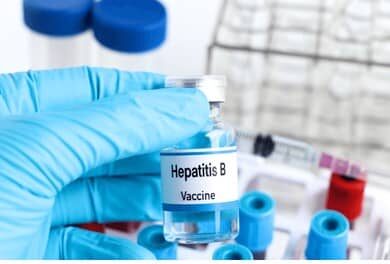Uganda Rolls Out Hepatitis B Birth Dose, Targeting Newborn Protection
Uganda has unveiled a new health intervention aimed at stopping the spread of hepatitis B at the very start of life.
The Ministry of Health has officially added the Hepatitis B birth dose (HepB-BD) to the country’s national immunization schedule, marking a new milestone in the fight against the deadly liver infection.
The vaccine—administered within the first 24 hours after birth—provides immediate protection against mother-to-child transmission. Without it, health experts warn that as many as 9 in 10 infants born to infected mothers could develop chronic hepatitis B, a condition that often leads to cirrhosis and liver cancer.
Ministry spokesperson Emmanuel Ainebyoona hailed the measure as a turning point in the country’s hepatitis response strategy.
“We have made progress with vaccination of adolescents and adults, as well as screening and treatment services,” he explained. “The birth dose closes the gap by safeguarding newborns against lifelong complications.”
Ainebyoona added that the initiative ensures protection for children “right from the moment they are born,” noting that it will strengthen Uganda’s efforts toward eliminating the virus in line with World Health Organization (WHO) targets for 2030.
For more than ten years, Uganda has concentrated on vaccinating adolescents and adults, particularly in high-burden regions, alongside screening and treatment programs. The introduction of the birth dose now shifts the spotlight to the earliest stage of life.
Health workers, parents, and communities are being urged to adopt the new approach.
“This is a life-saving intervention that we must all embrace if we are to secure a healthier future for our children and generations to come,” Ainebyoona emphasized.
By joining other countries implementing WHO-recommended newborn hepatitis B vaccination, Uganda is signaling a renewed commitment to fighting one of the world’s leading causes of chronic liver disease.




